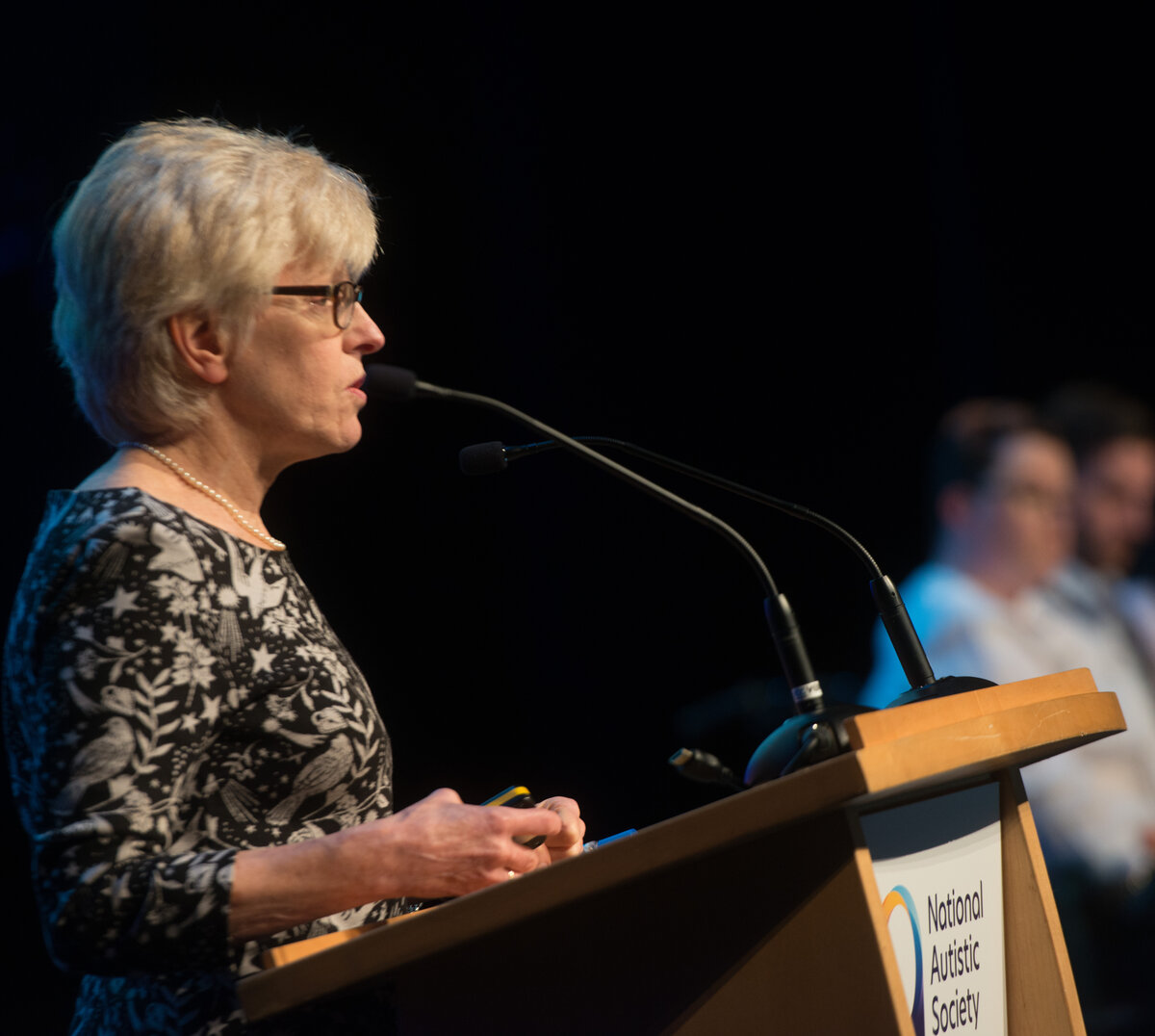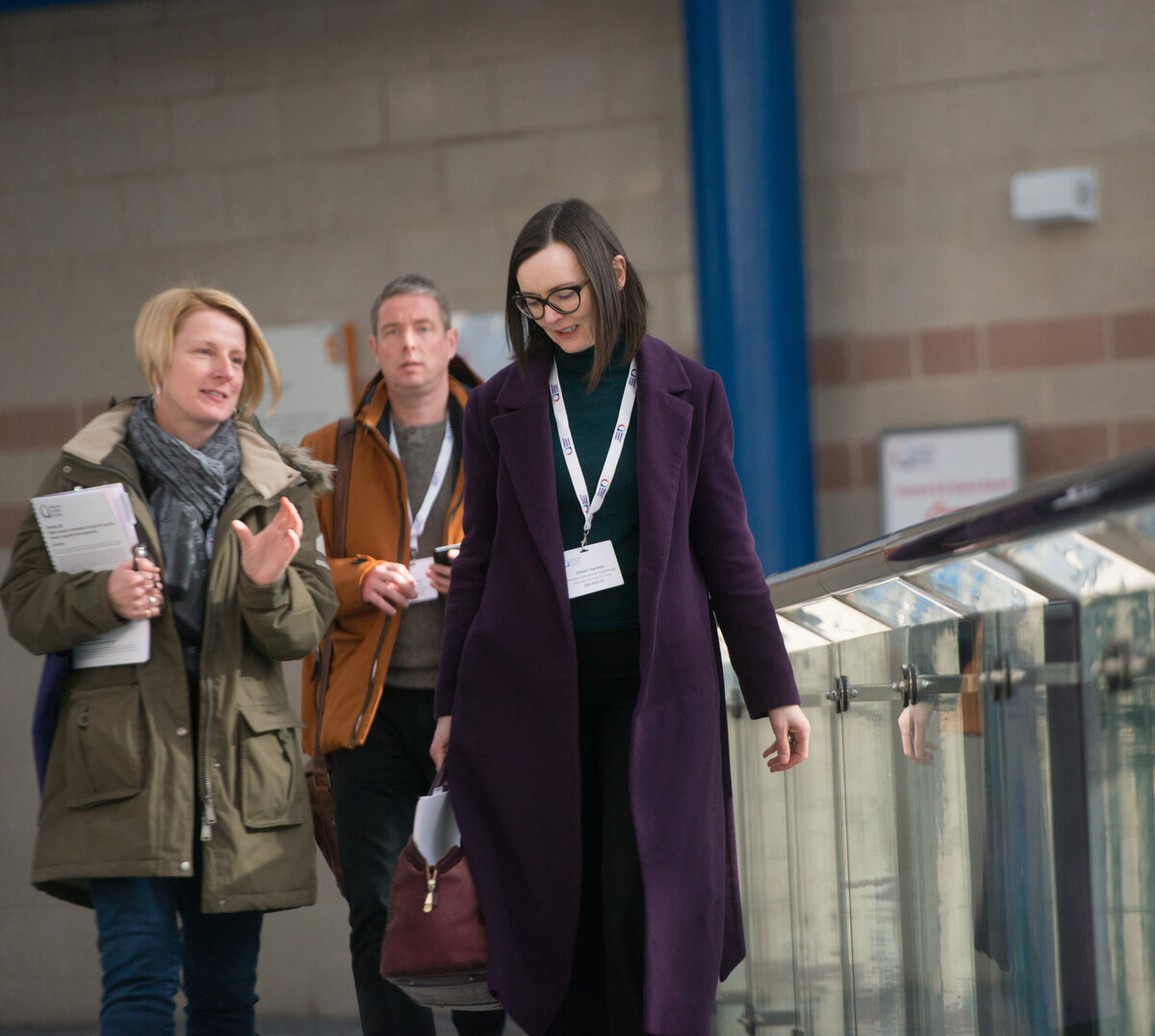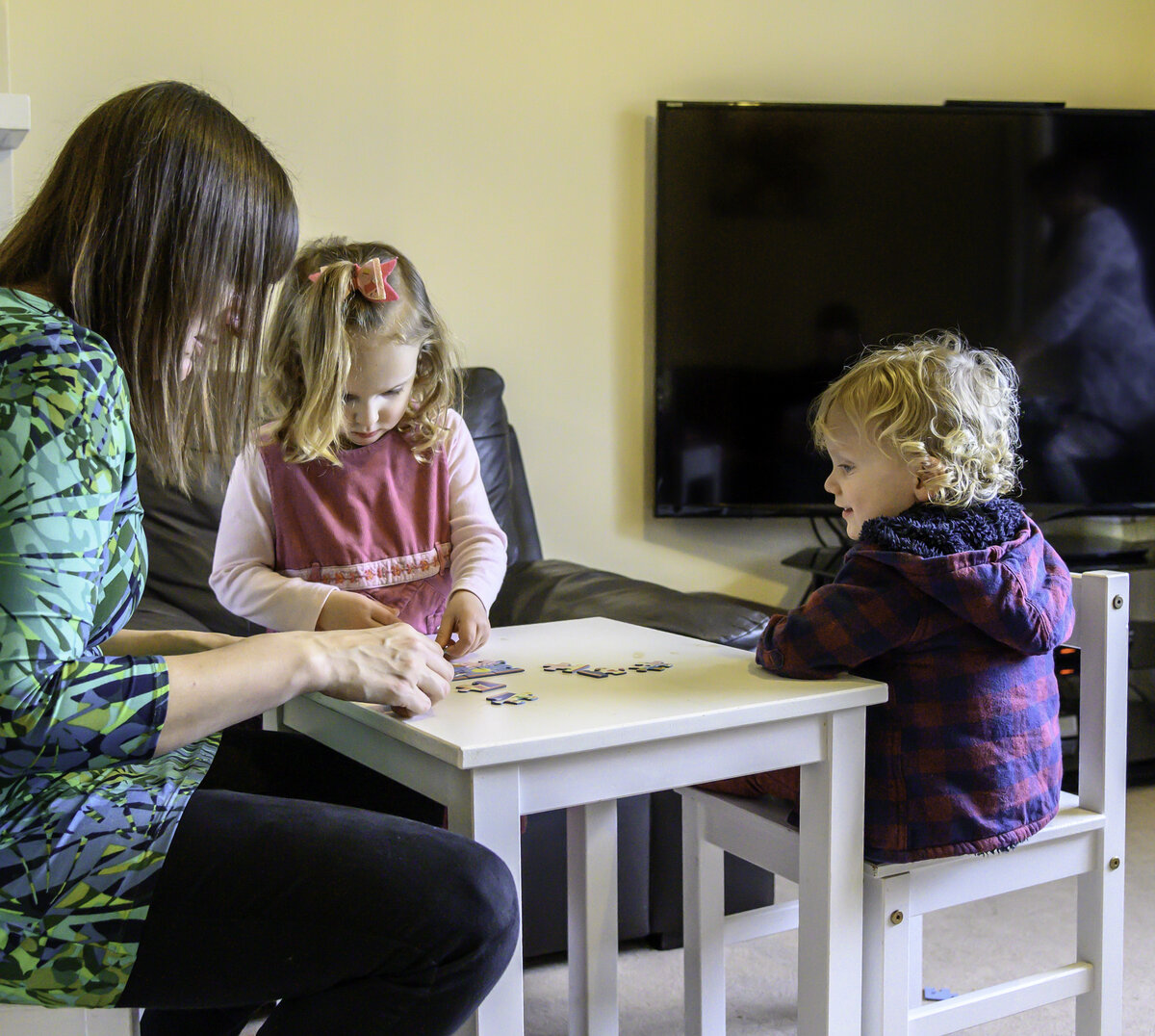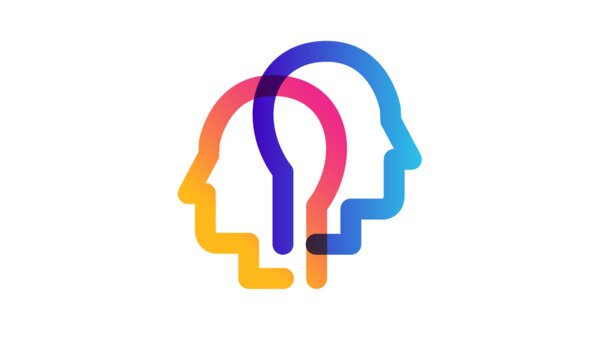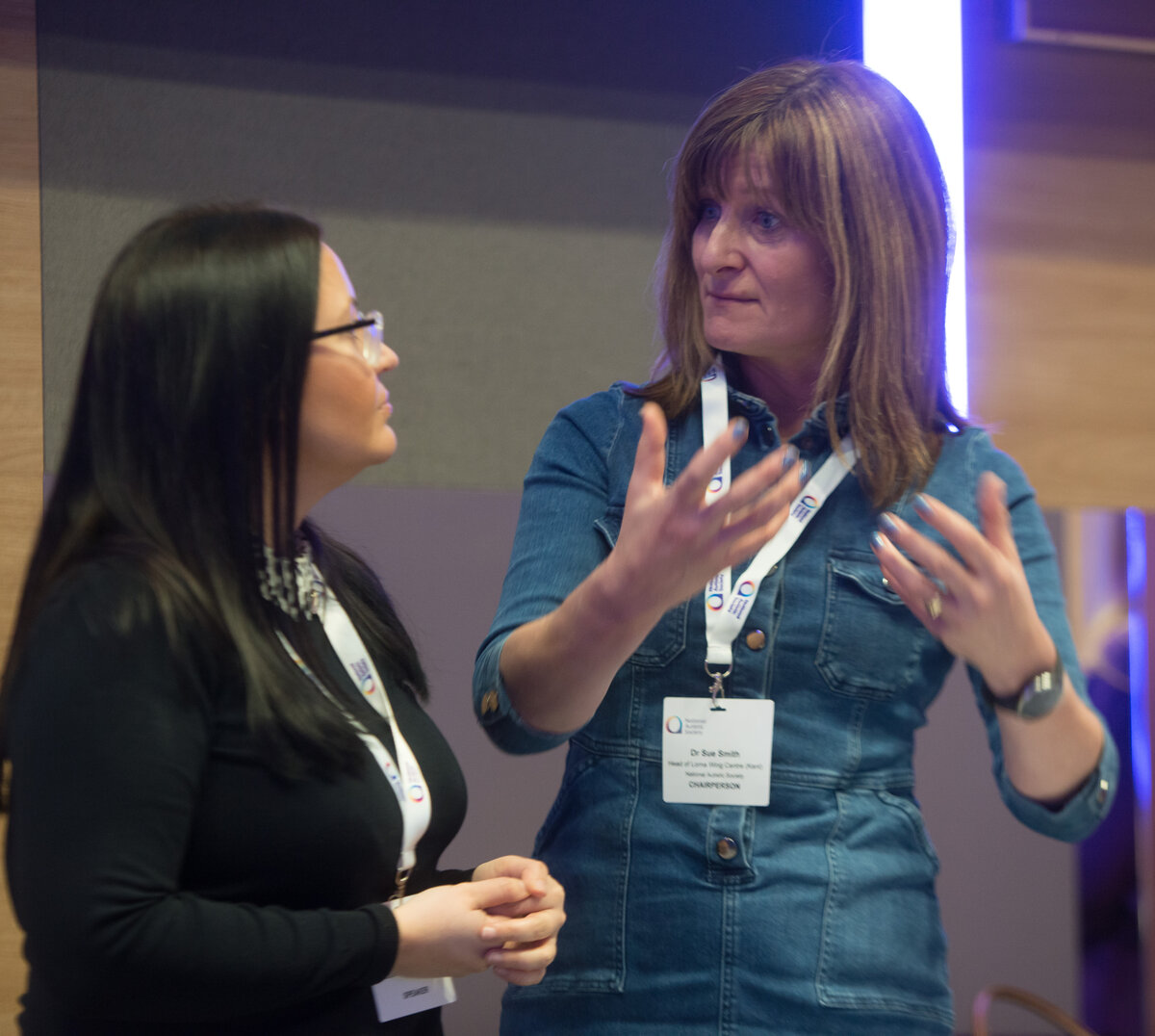Autism and sleep: a personal perspective
Published on 07 September 2018
Author: Kate Ross
Kate Ross, autistic blogger and contributor to the book Spectrum Women: walking to the beat of autism, writes about some of the sleep difficulties autistic people may face and some techniques she uses to help with her sleep.
People may be very quick to dismiss or minimise sleep difficulties in adults, especially those who are autistic. When children have problems sleeping, it can impact on their parents and any siblings, as well as their ability to access education and perform well academically.
With teenagers, it’s almost socially accepted that they have different body clocks that keep them awake at all hours of the night and sleep in late into the day. Somehow, most of us grow out of these habits by adulthood and develop a regular schedule of sleep. I could never quite understand my problems in this area until after I was professionally validated as autistic in August 2016.
Impact of sleep difficulties
From chatting with other autistic adults, I found that I am far from the only one who has sleep difficulties. Keeping an erratic sleep schedule can have significant impact on one’s ability to hold down a job (for example being late, overly tired and performing poorly), which in turn could affect maintaining payment on rent or a mortgage and household bills. Worst case scenario this may lead to homelessness and rough sleeping. [Now, before anyone presumes that I’m suggesting poor sleep leads to homelessness, I’m merely pointing out the linear deterioration and possible consequences].
Since experiencing autistic burnout in early 2017, sleep has again been a major problem for me. My anxiety can keep me awake, anticipating the events of tomorrow or merely catastrophising over something innocuous. I can definitely tell when I’m feeling the effects of cumulative exhaustion - I’m far more irritable, short-tempered, and even susceptible to becoming tearful at the slightest upset. If these effects were limited to when I was at home, that could be managed to a degree; unfortunately, it can affect me at work, which is less than ideal, especially when those around me are not necessarily as au fait with the intricate dynamics of autism.
Techniques to support sleep
I first tried melatonin when I was living in the United States, as an over-the-counter supplement to help “adjust” my body clock from Eastern Standard Time in the US to British Summer Time in preparation for a trip to visit family in the UK in 2007. Melatonin is primarily used to assist with overcoming jet lag, but I found it helped me feel naturally sleepy without feeling drugged and drowsy the next morning. This was a massive discovery for me - during my teenage years I would find it so difficult to fall asleep at an acceptable time, often lying in bed wide awake or putting the light back on to read until I literally could not keep my eyes open any longer due to sheer exhaustion.
I now live in the UK and some time ago I had asked my GP about a melatonin prescription to help me sleep, as I do not want to take sleeping pills. It is my understanding that melatonin supplements “top up” where one may be deficient (as autistic people can be prone to), whereas sleeping pills run the risk of dependency and can cause a host of undesirable side effects. In my time working as a Special Educational Needs (SEN) Casework Officer, I would periodically read assessment reports for autistic children which said they had a Circadin (melatonin) prescription to help them sleep, so I knew it was available in the UK, just not over-the-counter like it is in America.
However, when I raised it with my GP, the NICE guidelines indicate that it should only be prescribed as a short-term intervention for adults over age 55. Needless to say, this baffled me, and when I implored my GP to look into peer-reviewed reports about melatonin deficiencies in autistic individuals, nothing further came from it; as such, I have obtained my own melatonin supply from a reputable online supplier. Whilst I have indicated here how melatonin helps me, I cannot emphasise enough, talk to your doctor before taking any supplements.
To help myself sleep better, I utilise a few other items to practice “good sleep hygiene” (what a strange term!). Firstly, I have used an eye mask for a long time and I thankfully found one that was soft, didn’t have anything irritating on it and wasn’t too tight to wear overnight.
In addition, I always use a white noise app which helps me ignore the thoughts splitting through my mind, as well as any noise from outside or creaks that the house makes. If I stay away from home, I bring my tablet with me to use the app as I now find it very difficult to fall asleep in a quiet room.
I will also sleep with a fan on - even in winter - to keep air moving in the room; stale air can lead to a headache for me and I like the white noise it emits in addition to the app. As I wrote in the recently released book Spectrum Women: Walking to the Beat of Autism:
"Also, I like to sleep with the sheet/duvet tucked up under my chin, because I hate the feeling of breathing on my skin; any occupational therapist will tell you that the tickly sensation is an alerting one, rather than calming."
More recently, despite these long-utilised sleep interventions, I have been having difficulty staying asleep through the night, which has been having a negative effect on me, as explained earlier. After phoning my GP surgery to discuss the problem, the duty doctor I spoke to went through the list of sleep hygiene interventions to try, to which I plainly stated that I already do most of them. His remark was to the effect of, “well, it’s hard to say why you’re having these sleep difficulties then!” I did mention that I was autistic and take melatonin of my own accord as well, but this comment seemed to go unnoticed.
If anything, my hope after writing this article is for health professionals to read and research more into melatonin deficiencies in autistic individuals. With our unique neurology we can be valuable assets to society, but we can immediately be at a disadvantage when it comes to poor quality sleep. I hope one day that attitudes and research change and other sleep-deprived autistic folks like me can get the help we need.






